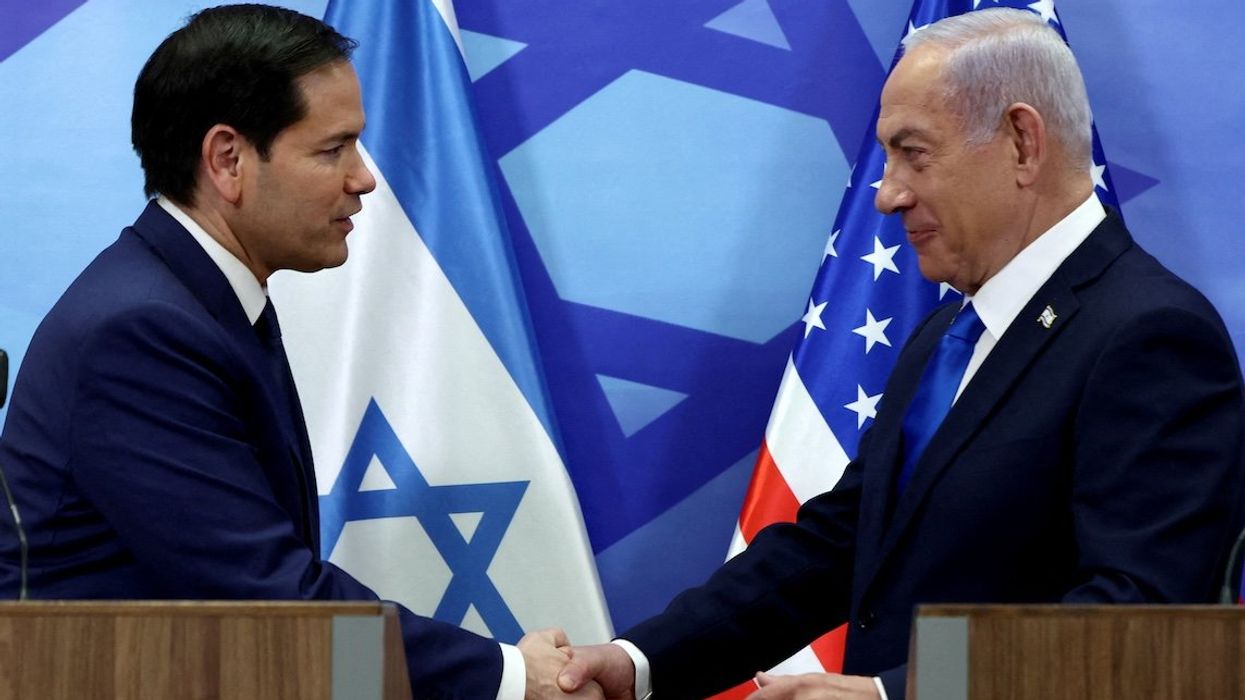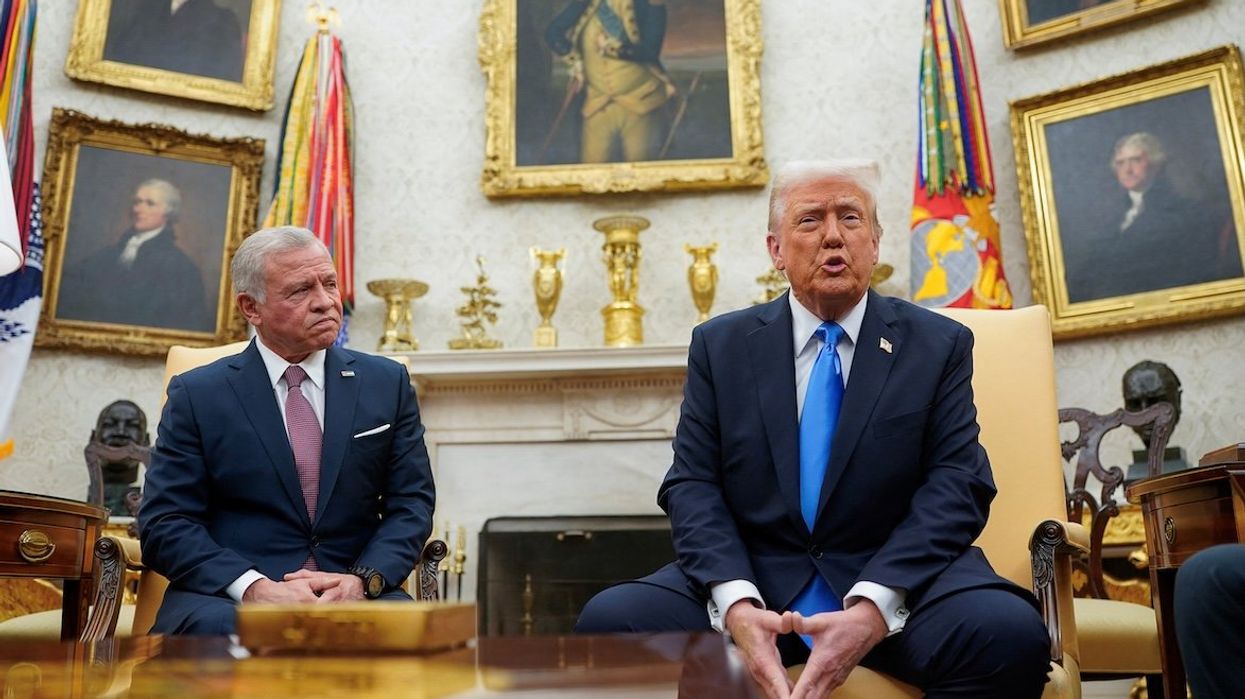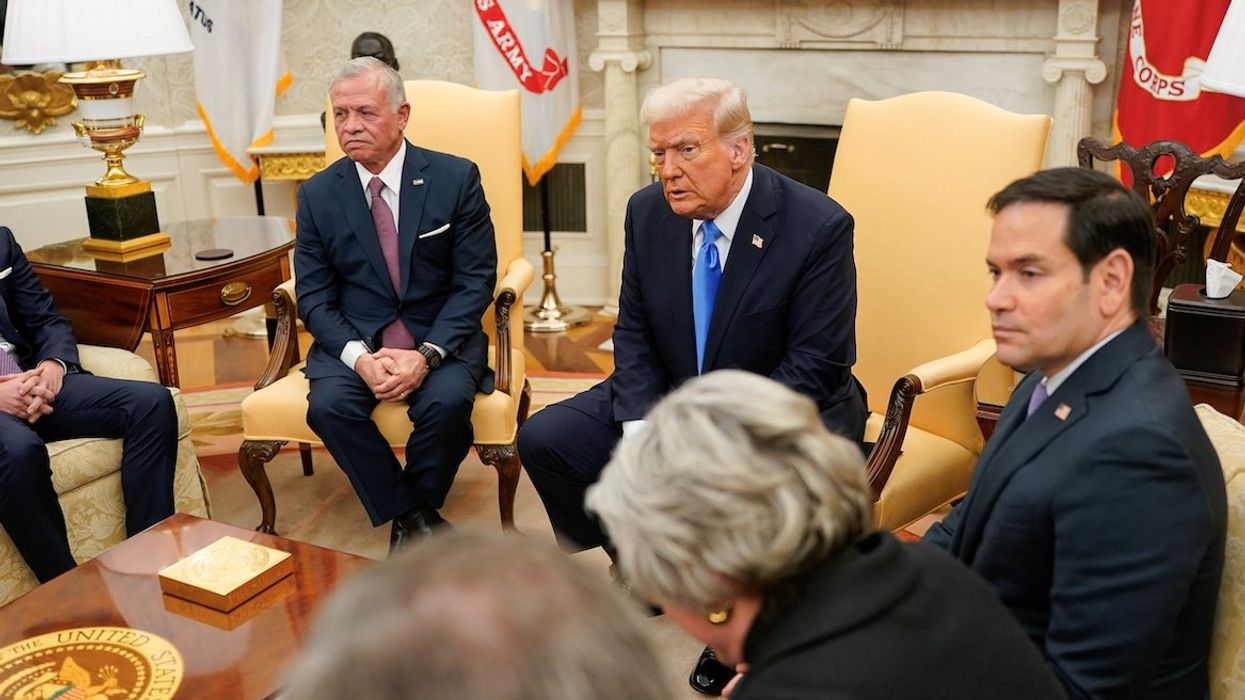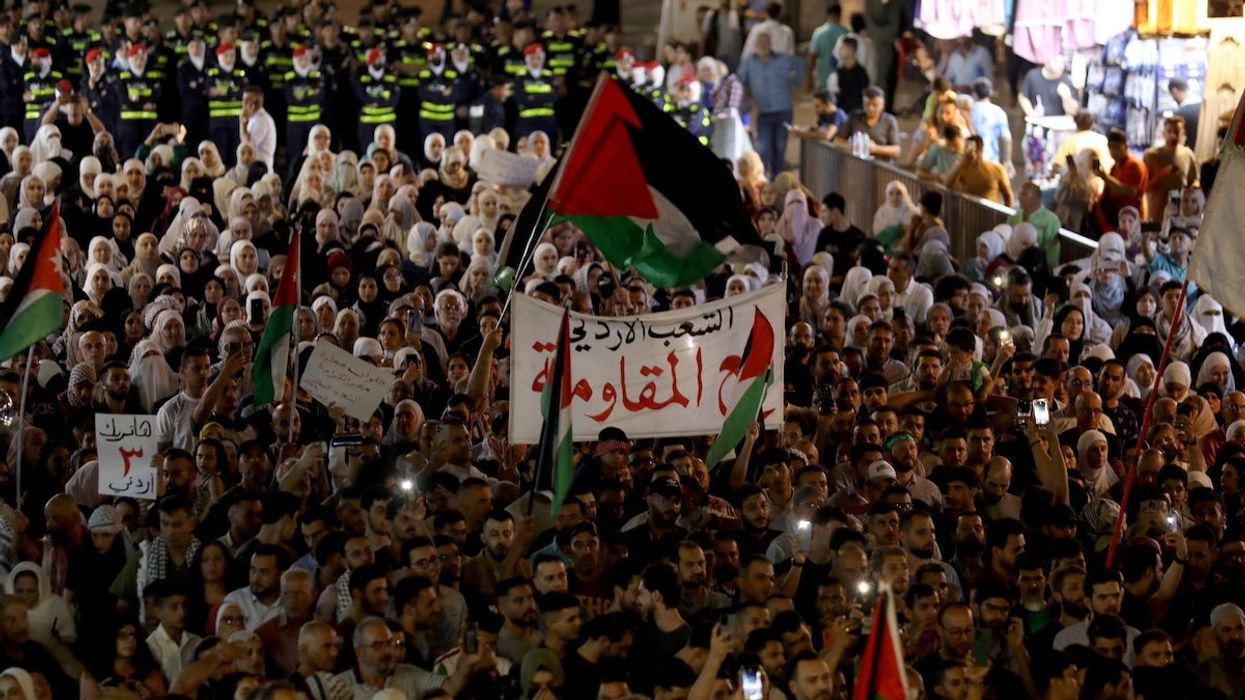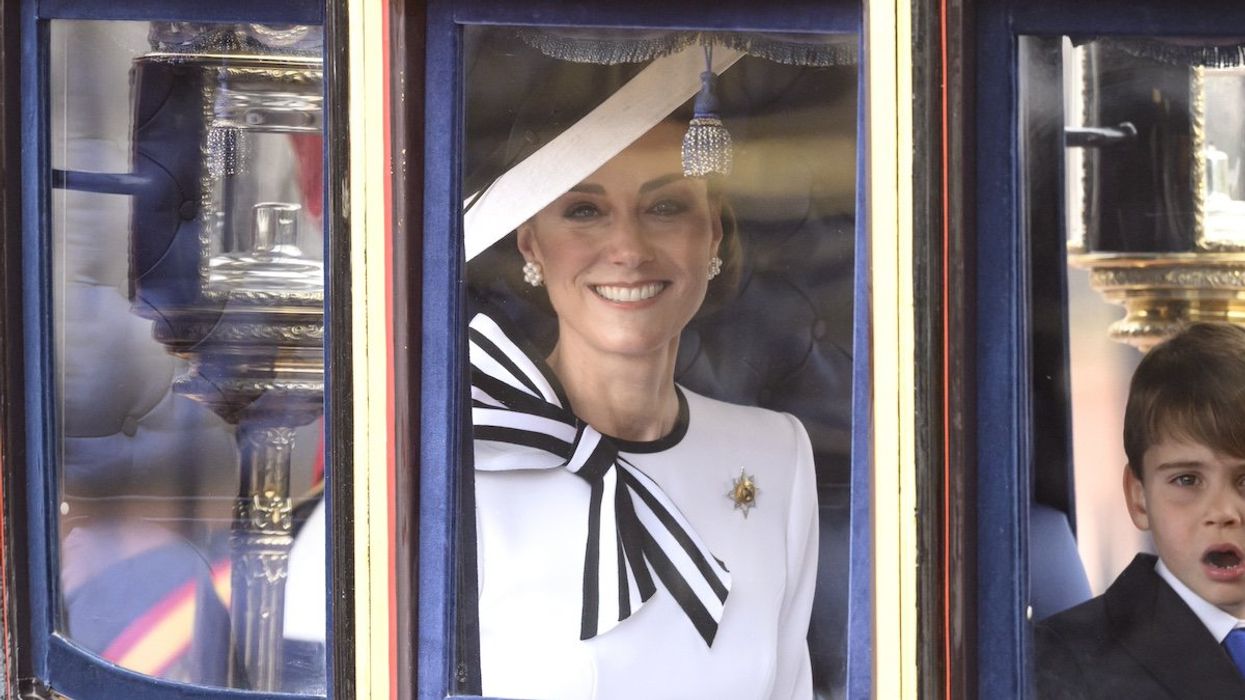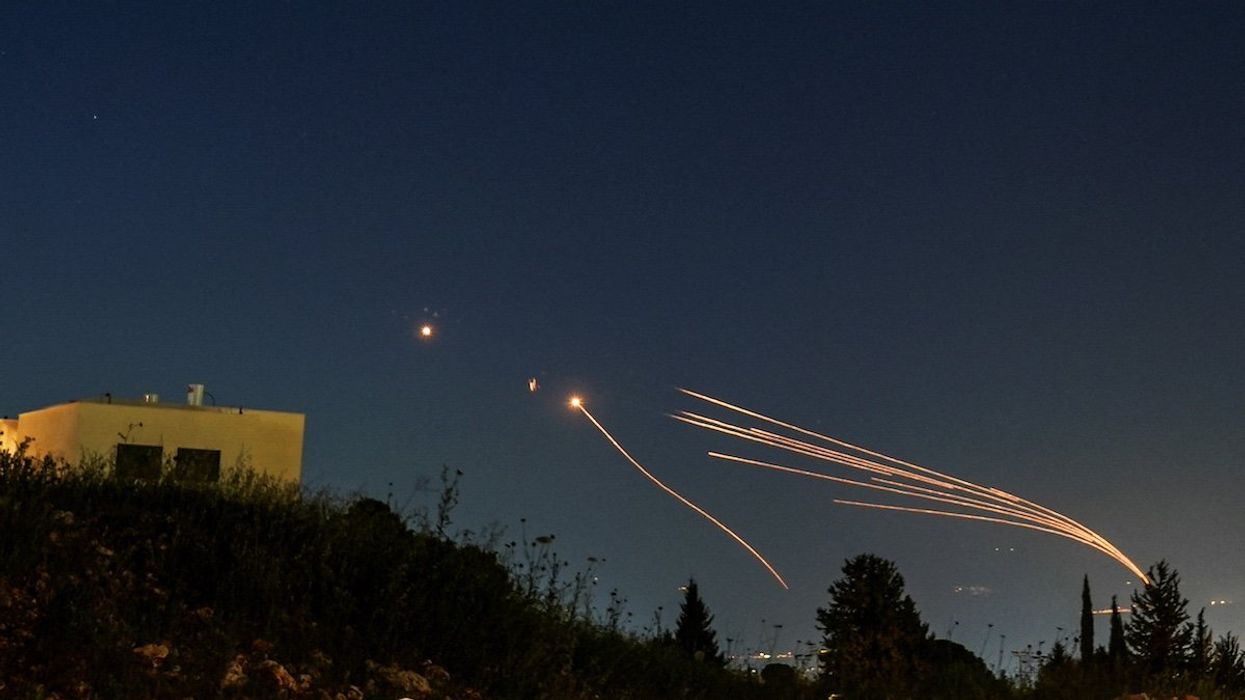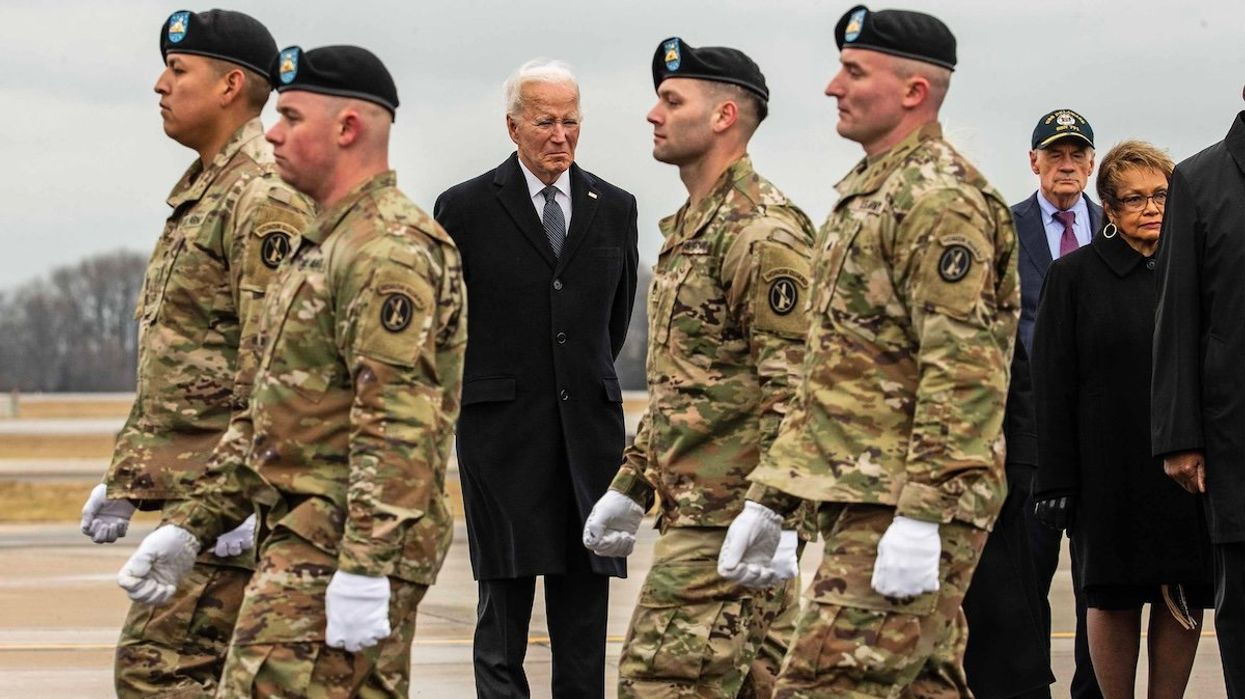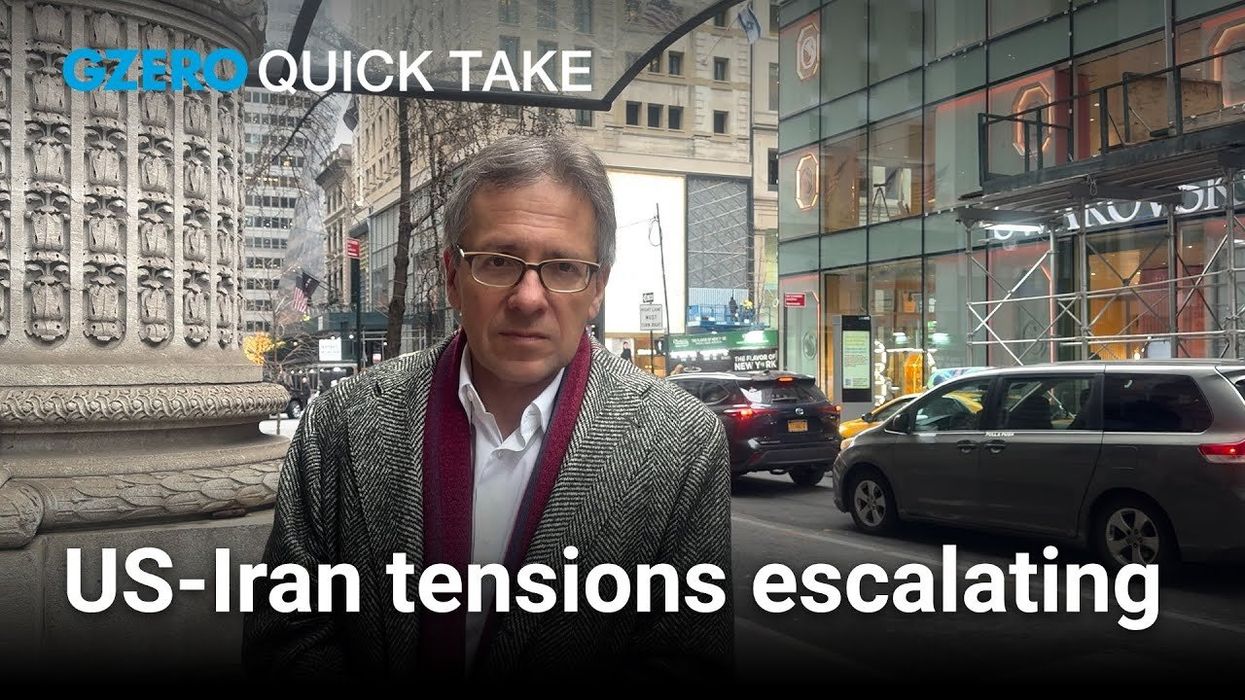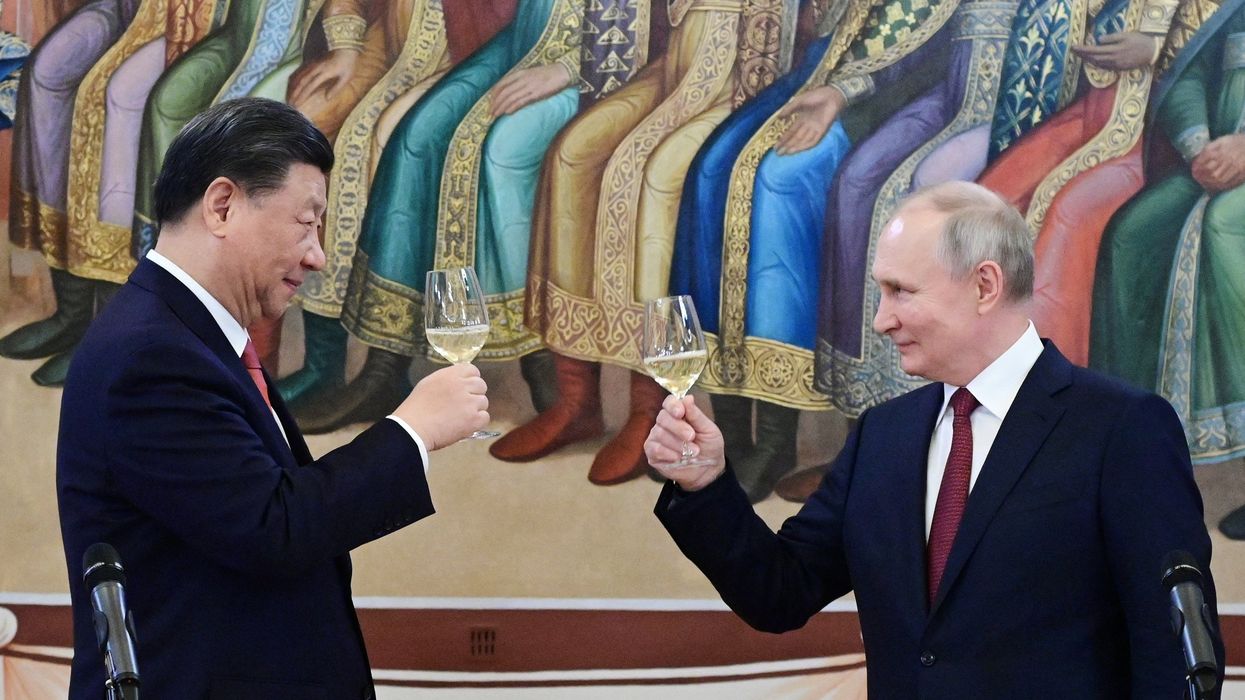What We're Watching
Jordan arrests 16 accused terrorists
Jordanian authorities announced on Wednesday the arrest of 16 people accused of planning terrorist attacks inside Jordan. The country’s security services say the suspects had been under surveillance since 2021, and half a dozen of them were reportedly members of the Muslim Brotherhood, a transnational Islamist organization.
Apr 16, 2025

